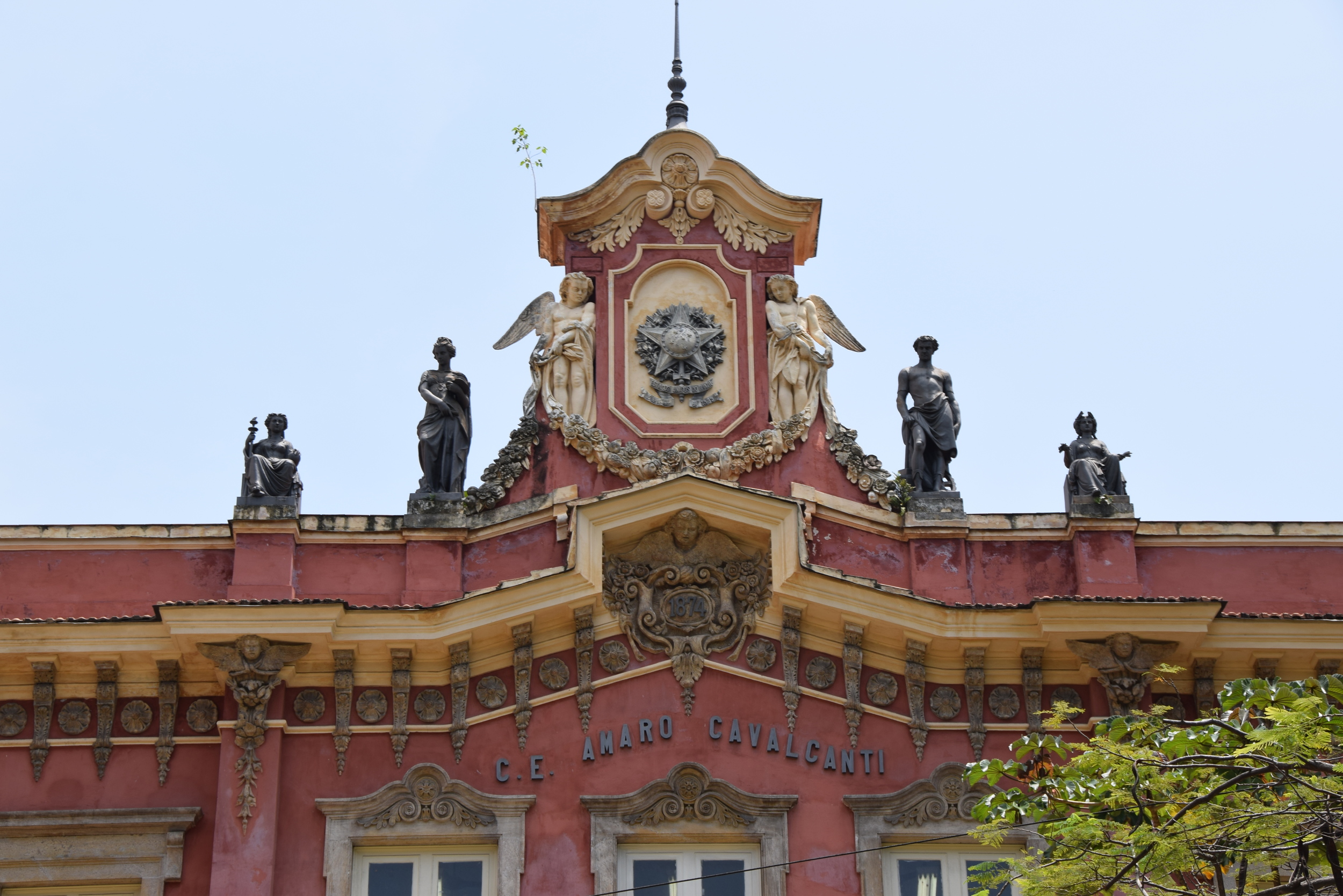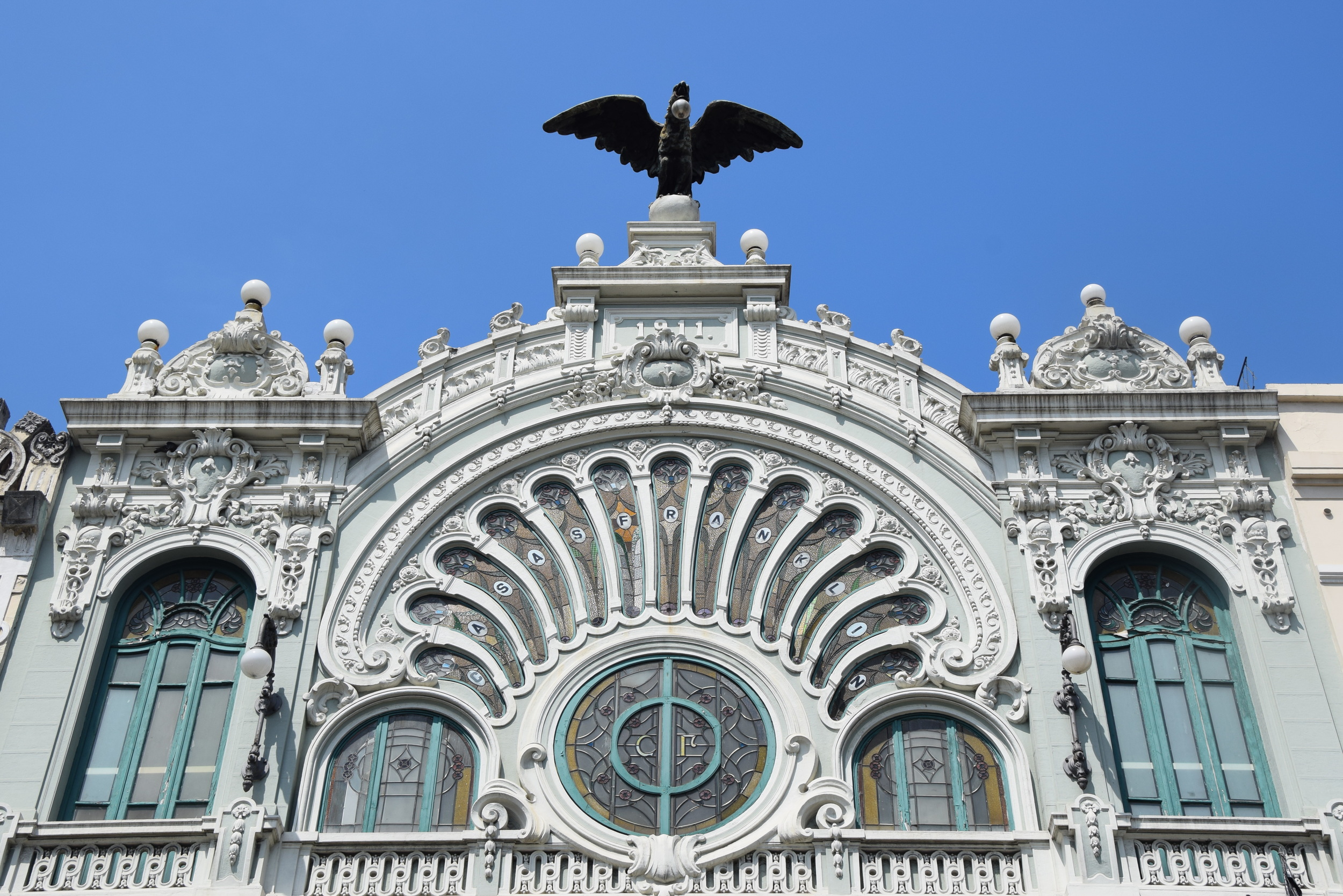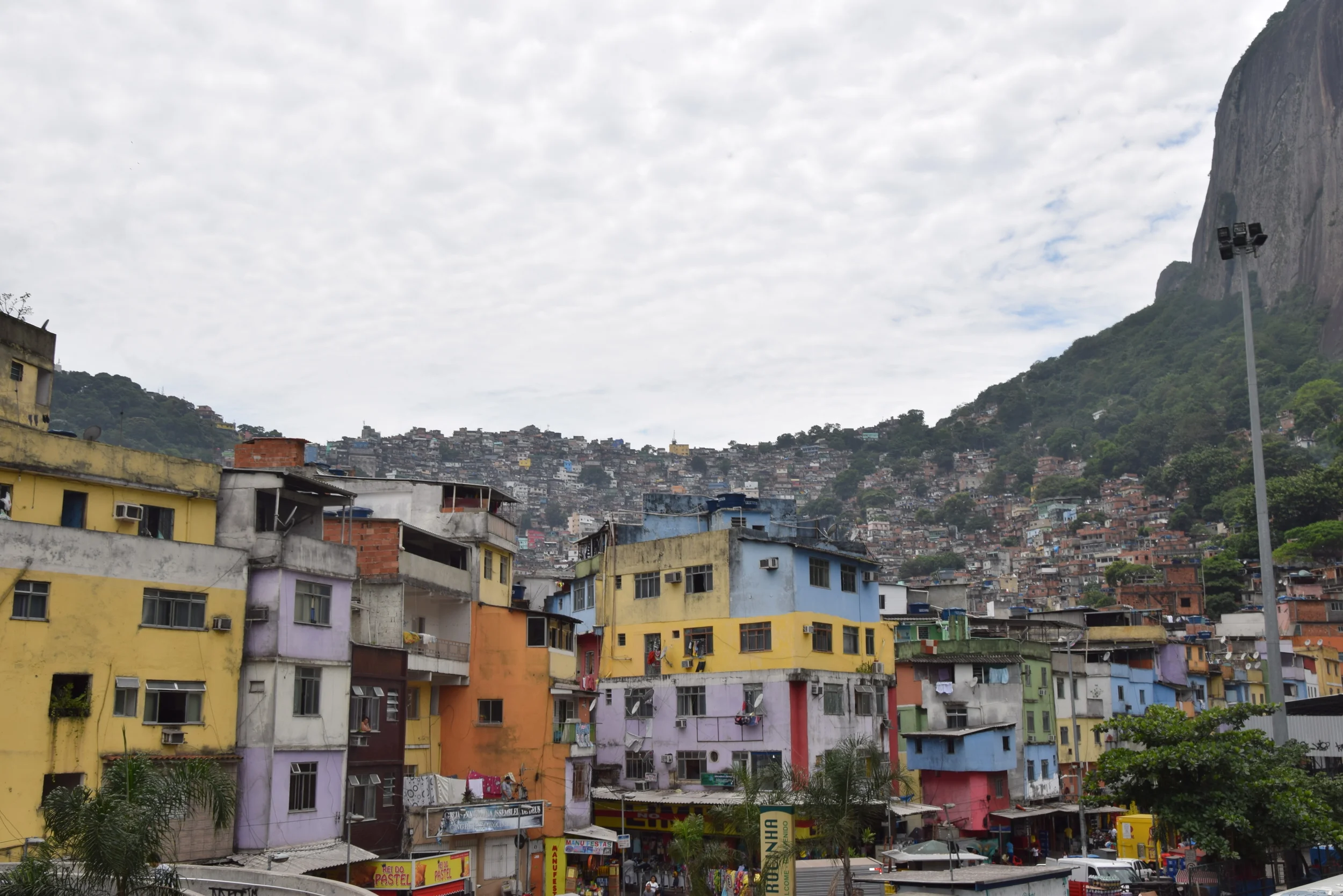I've just returned home from a 10-day trip to Brazil. It is worth the mandatory (and exhaustive) visa process to go. Brazil was glorious. It’s everything it looks like in the best photos, but 10 times better in person. The folks who are headed there for the Olympics next year are in for a treat.
I made it to two major cities—Rio and Salvador—and both are under heavy construction, prepping for the onslaught of tourists. They are excited to host you, and for you to spend your dollars! I recommend that everyone wiling and able get themselves down there, even if it’s not for the Olympics, and bask in the (pervasive) sounds of samba, sample the Afro-Brazilian dishes and meet the people.
But after 10 days, I am glad to be back home. There are some very American things that I take for granted about our country, and I am thankful to have them back in my life. I make this list not to point out what’s better about America, but to highlight the differences that aren’t always appreciated by Americans. I’m also working on another list about things I miss about being abroad and ways America could improve. It will be much longer than this one.
Here are the seven things I didn’t realize I took for granted (which probably would be much longer if I weren’t jet-lagged):
1. Safety: Everywhere in America ain’t safe. But in the vast majority of places, you can walk around in broad daylight wearing a necklace without fear of it being snatched. Or you can see something striking or just weird and whip out your phone to take a photo, because all phones have cameras, right?
In Brazil, we were constantly warned not to wear jewelry, especially necklaces, and not to use our iPhones in public, especially not the 6, which is considered a very luxury item. I was told by multiple people to just use my (big-ass, very expensive) Nikon camera instead of my iPhone to take pictures. It’s less likely to be stolen because there’s not a large or easily accessible community for resale.
2. All XL everything: There’s no real reason for everyday things in America to be humongous as compared with many places in the rest of the world. Americans do excess for kicks because we can. But from the size of soda cans, to the glasses soda is poured into, to the cars (I saw one nontaxi SUV in Brazil), to flat-screen TVs, to couches, to sidewalks, to seats on the subway trains, America just does it bigger—and that doesn’t mean better. Some of that is because sizewise, we are huge in comparison with folks in other countries and take up more space. The other part? We’re just an excessive people. It’s just something I appreciate as I stretch out on my 96-inch couch, passively listening to my 60-inch flat-screen as I type this.
3. Ice: In every country I’ve been to, ice is treated like a luxury item. There are no tall glasses filled to the brim by an industrial-sized metal scooper of ice. Even at the best of restaurants in Brazil (and most other places I’ve been), you get two small cubes, delivered via ice prongs, the kind we typically use only for fancy events. Ask for more ice, you get a side eye and two more small squares. The ice trays are literally smaller.
4. Dryers: I’m sure Brazil has dryers, and of course, not all Americans have them, including me. We stayed in Airbnbs during our trip, and neither of them had a dryer. One of the women whose home we stayed at looked at us like we were nuts when we asked where the dryer was after she pointed out the washer. (I know that look. I got it when I was apartment hunting in New York City for the first time and I asked about central air.)
5. Customer service: It’s a rare place in the U.S. of A., even a mom-and-pop shop, where you can’t order something and send it back because “you don’t like it” and then have it replaced or not be charged for it. It’s a very American concept.
Brazil has amazing food. Glorious, really. We ate at one bad restaurant in 10 days. I bit into a fish dish that was awful and very “fishy.” After one bite, I tried to send it back. I was with a friend who spoke Portuguese, and she explained the issue to the waitress, who was like, “So she doesn’t like it, so what? She ordered it.” After a long back-and-forth conversation that eventually involved the manager, we got it taken off the bill.
6. Complimentary tap water: Now, part of the reason you don’t get tap water overseas is that the chemicals used to clean water differ around the world, and bodies don’t adjust well to the chemicals (think Mexico). But even when you’re Mexican in Mexico, the waiter doesn’t just stop by and pour water unasked. I do appreciate that other countries offer water “with gas” as a (for-fee) option.
7. English: For almost any tourist attraction or area I’ve been to overseas—Brazil or anywhere else—someone who works there is bound to speak English as part of the job requirement. In countries where English is not the official language, there are often signs in English; there might even be tours or whole separate sections of museum exhibitions that are in English. The subway might have the native language and English warning you about the closing doors or the gap between the train and the subway platform. But imagine if all you spoke was Arabic or Mandarin Chinese. No tours—or signs—for you.
English-speaking countries colonized a lot of the world and made them speak English. America’s financial dominance (gained at the expense of others) has made English the language of international business. We export so much of our culture through music and film that folks in other countries pick up basic English almost by osmosis. Popping up in another country and not speaking the native language but still being catered to is convenient, but it’s also an arrogant privilege that we completely take for granted.









